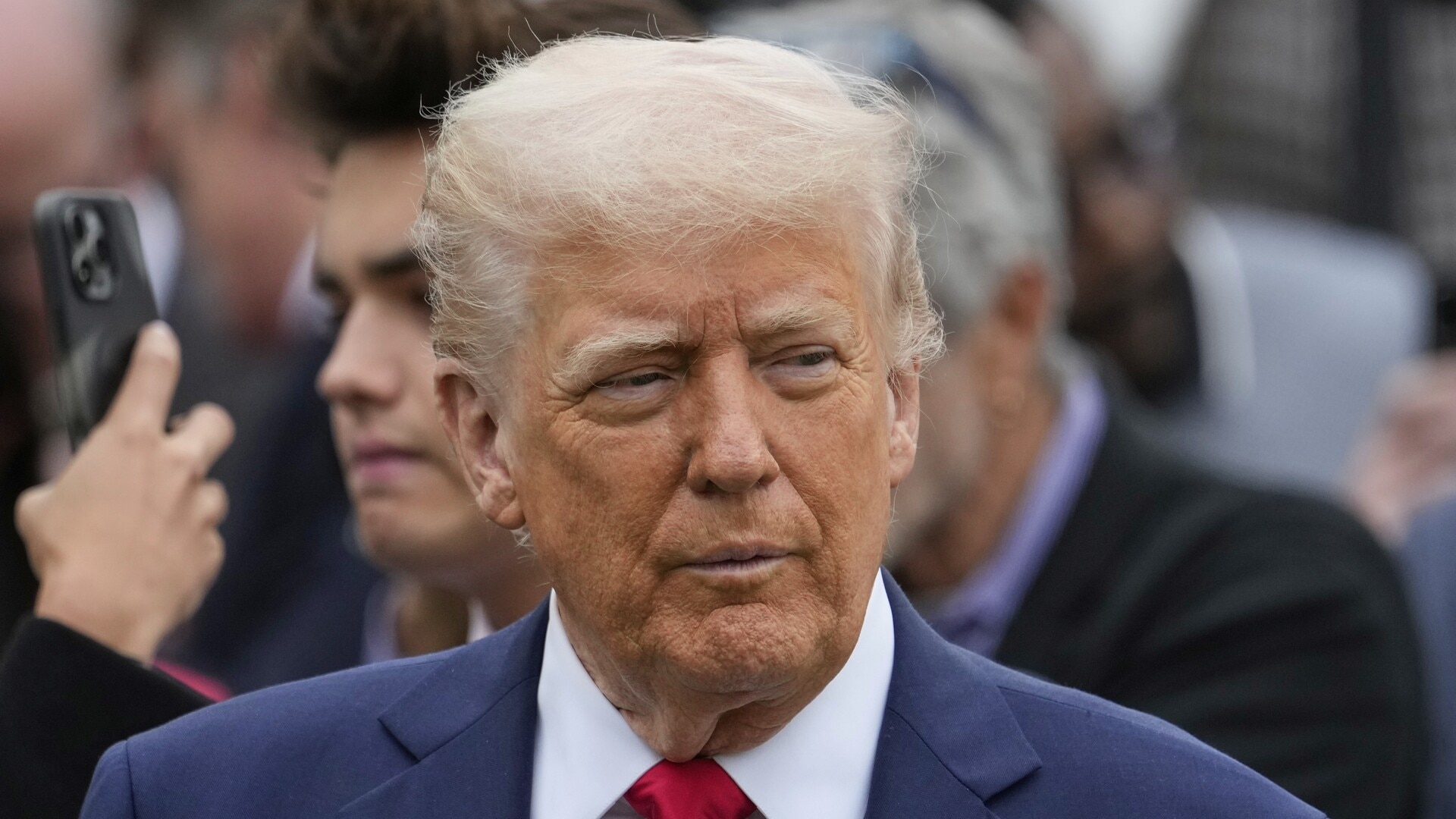
If you confine yourself to the mass media, you won’t find many dissenters from a binary view of President Trump’s second first hundred days. His hyperactive start is either an overdue and necessarily bruising overhaul of America’s corrupted institutional framework, a revolution against a failed establishment, or else the most menacing arrogation of executive power in the history of the republic, a series of giant steps toward complete authoritarian takeover.
But I wonder if there isn’t an emerging mass of people for whom the bigger question isn’t whether their president is a saviour or a tyrant, but whether this man and this team are really capable of pulling off a project so bold and ambitious – whatever the intent. The important question may not be whether they are encouragingly redemptive or bottomlessly malevolent but whether they are simply incapable.
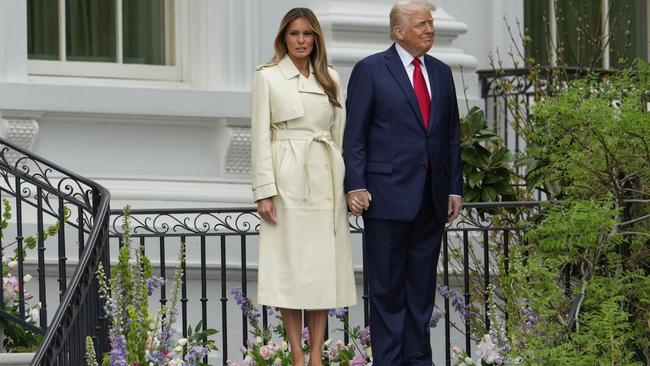
To be sure, the grand task they have set for themselves – remaking the American and global order of the past few decades – would have been a stretch for a team of brilliant strongmen with the political genius of Machiavelli and the ruthless efficiency of the Spanish Inquisition.
Mr Trump’s immediate principal goals were laudable and commanded widespread approval: close the porous border, downsize a bloated government, end the woke lunacy that has had most of our establishment in its thrall, restore American strength in the world.
But identifying goals is the easy part. Achieving them is a different matter. This exercise requires successful fights with entrenched, powerful interests in a diverse and pluralist country – and world.
In their multifront 100-day war, the Trump team has taken on, in no particular order, the courts, leading universities, most of the media, much of the legal profession, the bond markets, the currency markets, the equity markets, the world’s second-largest economy and second most powerful geopolitical force, the global system of alliances, and the global economic system.
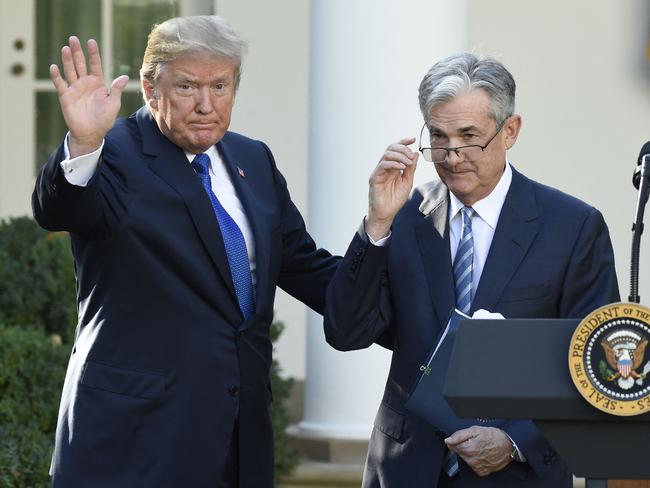
The theory behind the blitzkrieg approach is that its boldness is its principal guarantee of success: that by flooding the zone you keep enemies off balance and disoriented by the sheer energy, demoralised by the sheer ambition. But you do have to execute. The evidence is accumulating that this war is less Blitzkrieg than Blunderland.
The Department of Government Efficiency has, as many of us suspected it would, delivered a mouse to challenge the mountain of US government spending. The effort to revive American manufacturing is harming American manufacturing. Changing the rules of the international economy has proved hard: We still await even one of those vaunted trade deals from supplicant foreigners. Ending the war in Ukraine hasn’t happened – but we have managed to alienate just about every partner we have. We may at least be edging closer to a bold new Iranian strategy – but it seems to be a retread of Barack Obama’s failed strategy. Not only is there no evidence that China has been cowed by any of this, but it also seems the People’s Republic of Harvard now likes its chances against the federal government – helped by the report that a blundering administration accidentally pressed send.
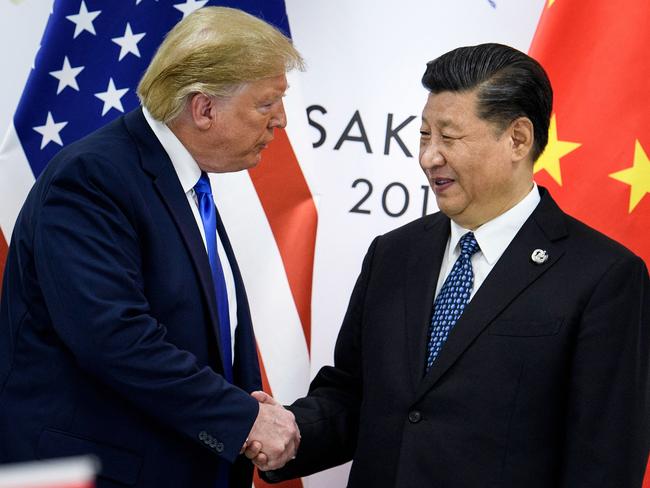
To give credit where due, immigration restrictionism has been a big success. Many of us may not like the price paid in legal chicanery and a dubiously necessary heavy hand, and the administration may yet have to choose between an outright constitutional crisis and looking weak if it backs down to the courts over its deportation efforts. But the law-enforcement efforts and the message sent to immigration scofflaws have begun to offset the damage done by years of open borders.
But elsewhere the impression is of escalating failure alongside escalating overreach. In its first few weeks the most striking difference between the second and first Trump administrations was a unity of purpose, a lack of internal dissent and an accent on execution. But two stories caught my eye last week for a more familiar picture of indiscipline and disarray.
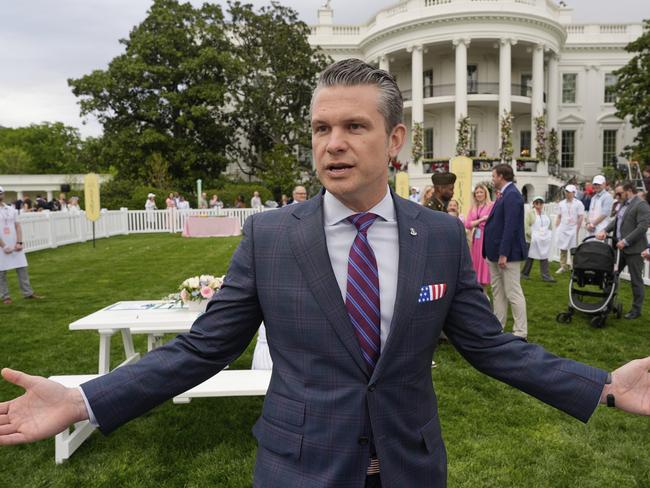
First we learned from The Wall Street Journal about the bizarre lengths to which the president’s economic-policy advisers went to get Mr Trump to pause his destructive initial global tariff plan, how they had to ensure that tariff fan Peter Navarro was out of physical range of the president to get Mr Trump to issue a statement revising the plan.
Then there was the news of intensified internal fights at the Pentagon as three aides to Defense Secretary Pete Hegseth were ousted. They issued a joint statement that they had been victims of “baseless attacks” from colleagues.
I don’t doubt the seriousness of intent with which the Trump administration is seeking to remake the political and cultural landscape. Nor do I disdain the fears of those who argue that the administration’s expansive interpretation of its executive authorities represents a threat to the constitutional order.
The problem I have is that even as they overstep their limits, they seem to blunder deeper into the mire. Their biggest risk may be that voters will start to ask: What’s the use of a strong man who can’t do anything right?
The Wall Street Journal






